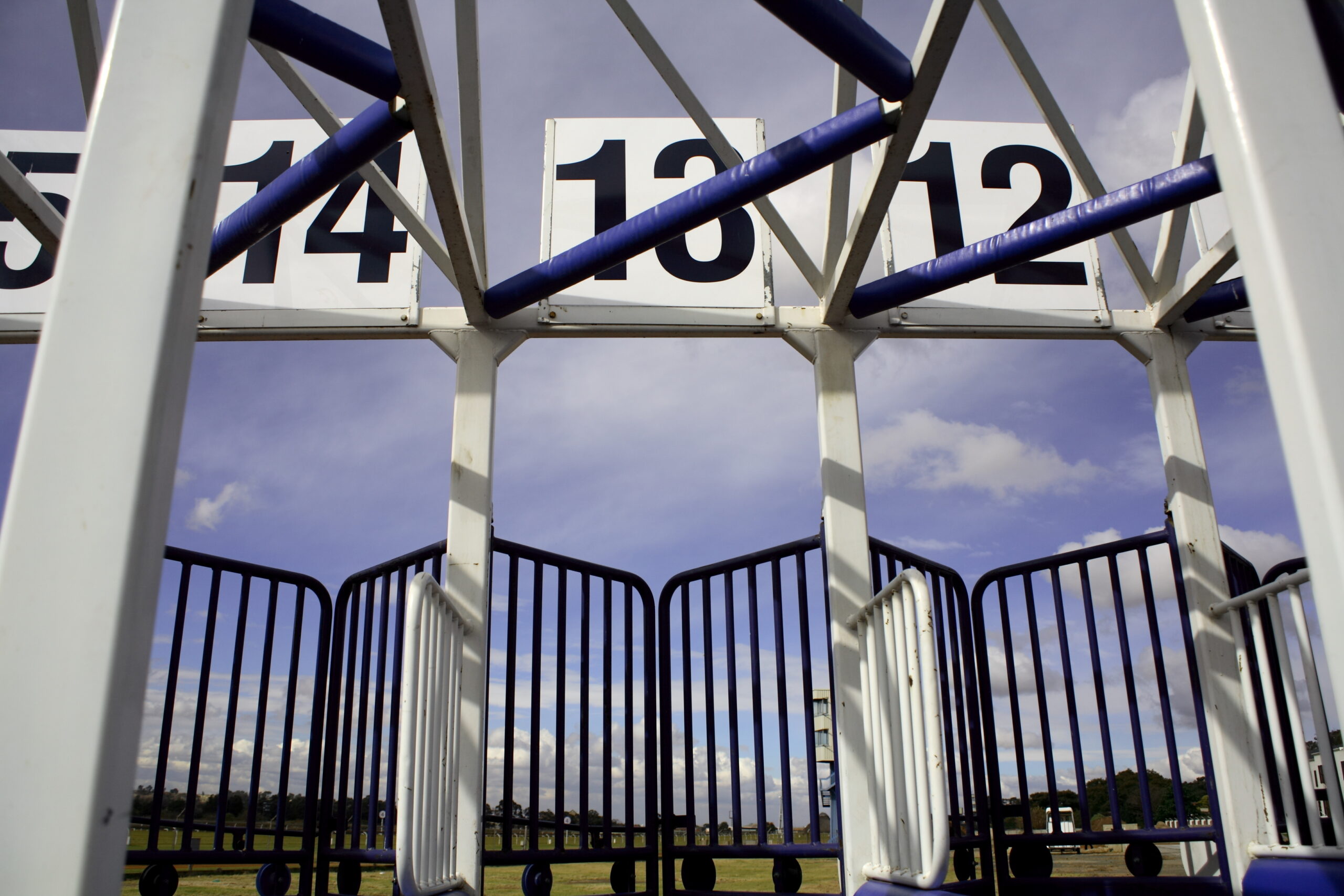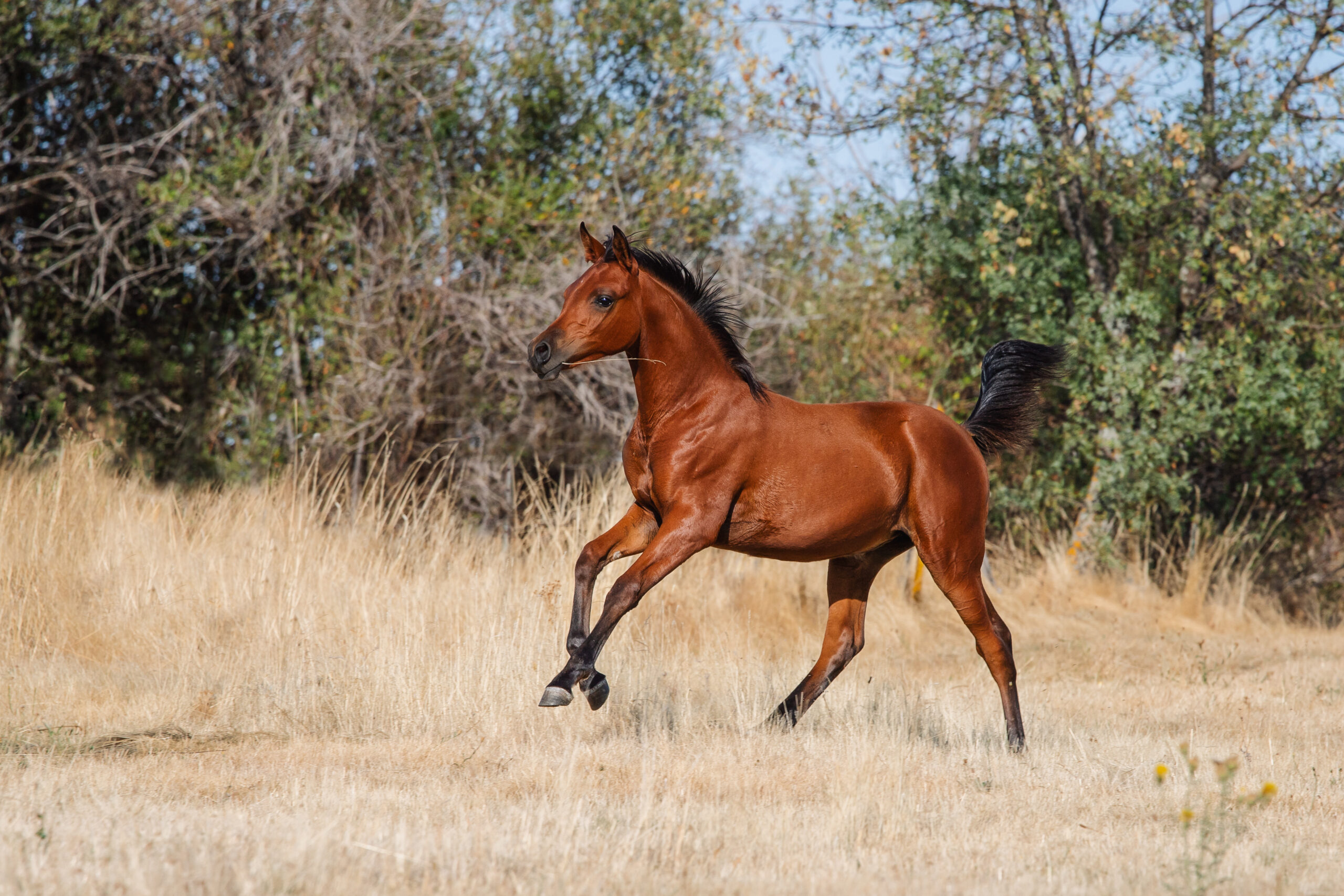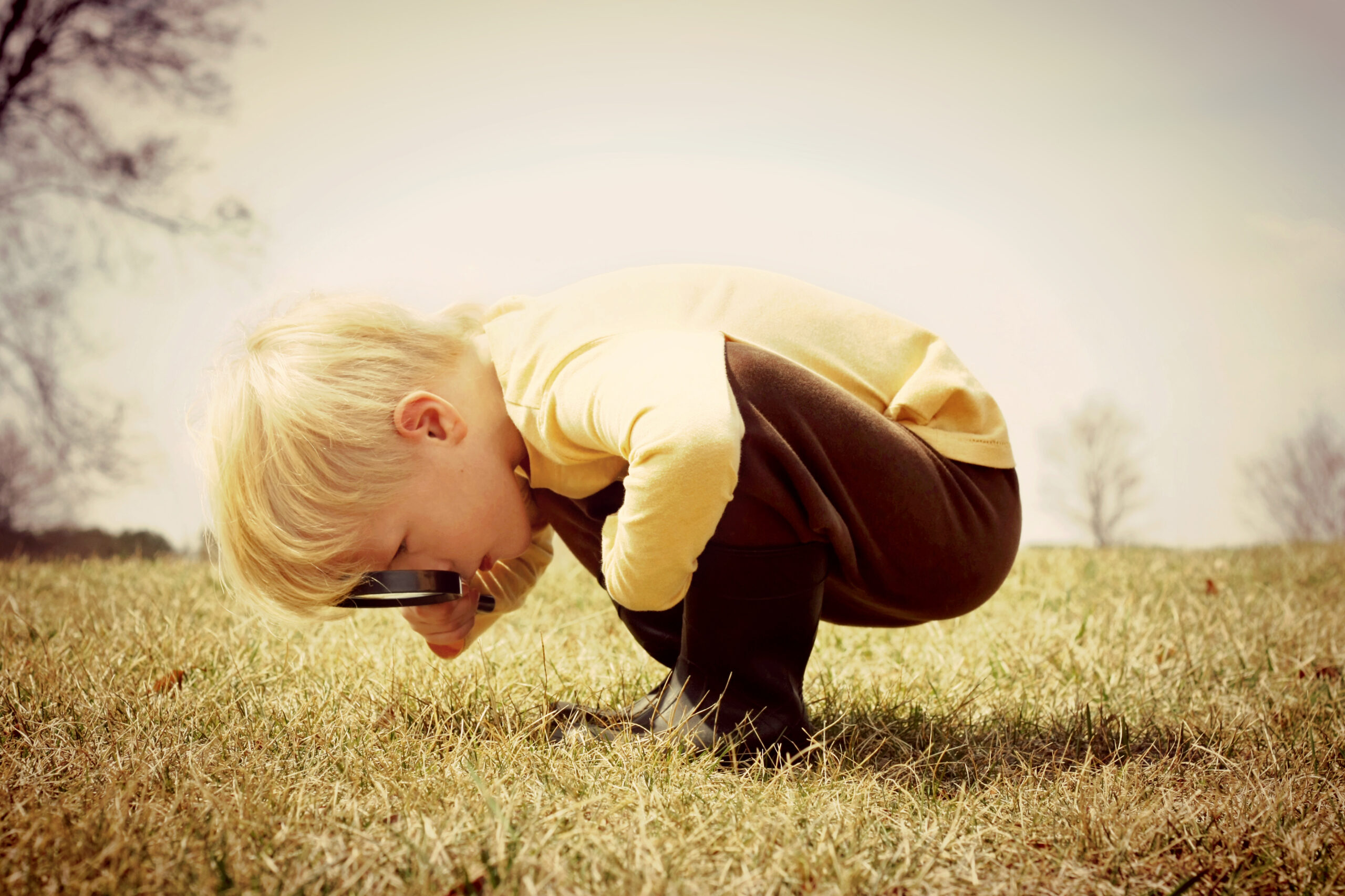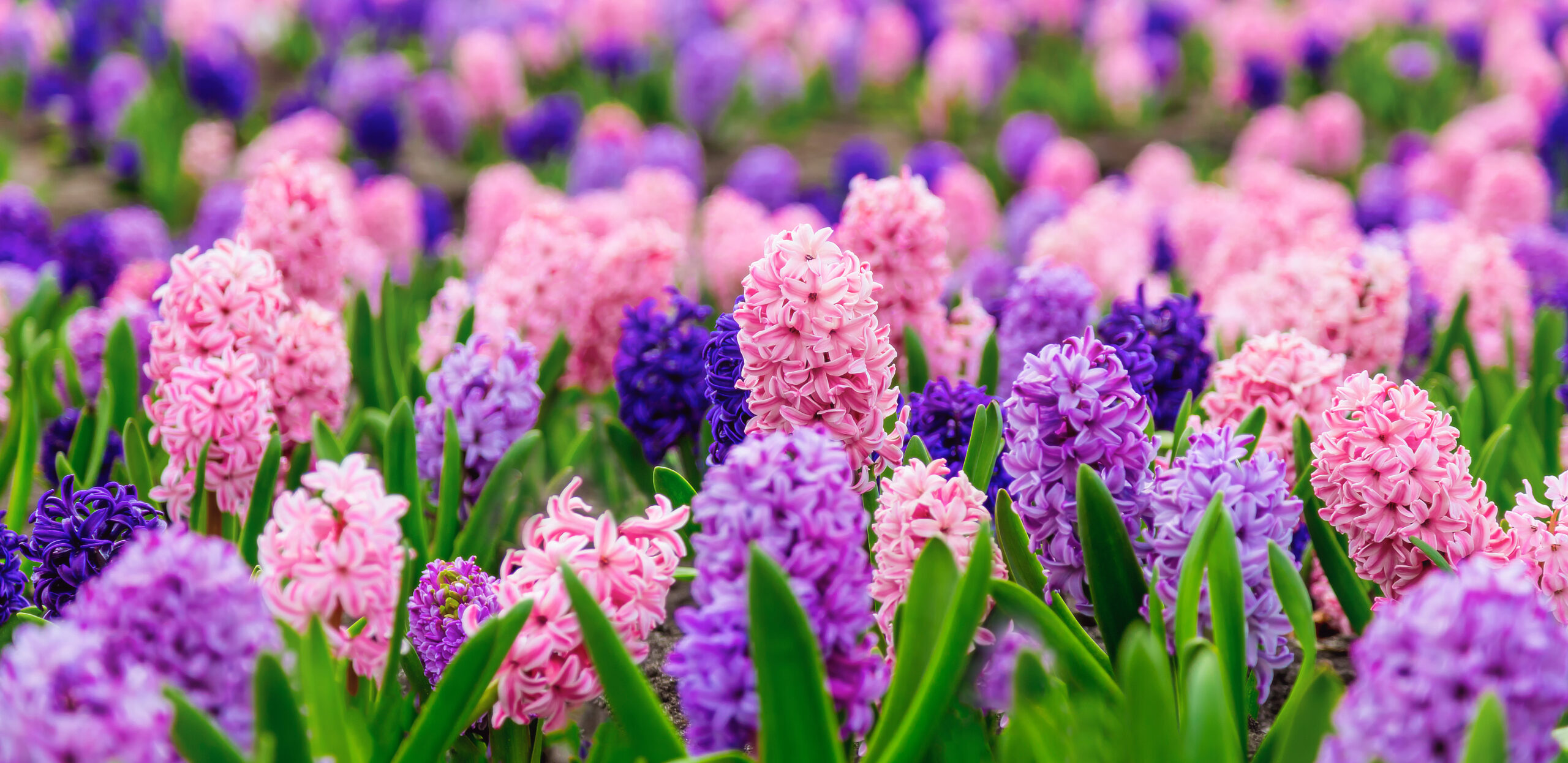Katie Steedly’s first-person piece [The Unspeakable Gift] is a riveting retelling of her participation in a National Institutes of Health study that aided her quest to come to grips with her life of living with a rare genetic disorder. Her writing is superb.
In recognition of receiving the Dateline Award for the Washingtonian Magazine essay, The Unspeakable Gift.
Enter your email here to receive Weekly Wide-Awake
Call Out the Good: A Gratitude Conversation with Seana Murphy
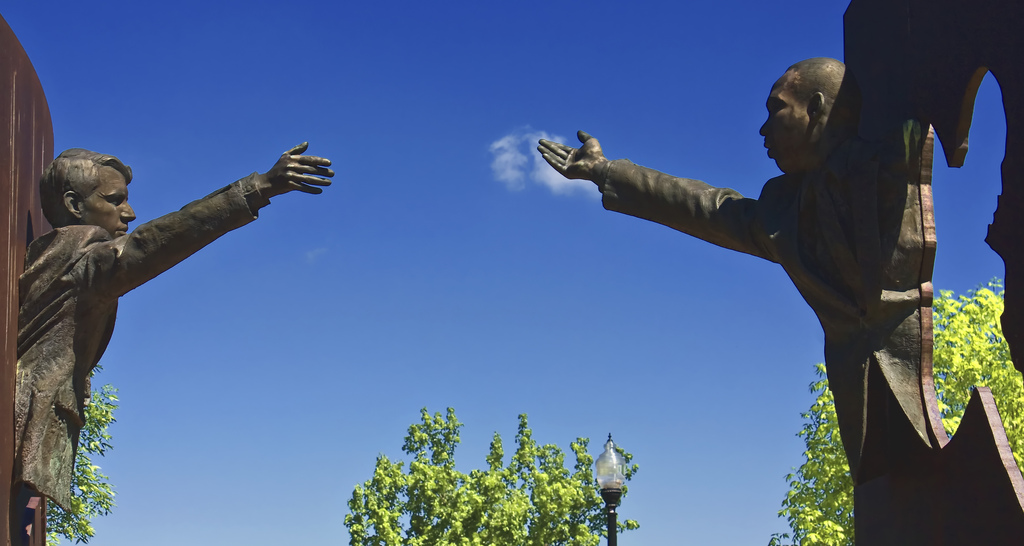
In September of 1994, I became an inaugural AmeriCorps member. (Read about my AmeriCorps experience, here.) AmeriCorps was my first job out of college. Seana Murphy was my AmeriCorps Program Supervisor. Flash forward to February, 2025. I am sitting in a restaurant with a group of friends in Atlanta, Georgia. Seana Murphy walks in. I have not seen her since I left Indianapolis in 1998. (The circumstances of how we were at the same restaurant at the same time makes me believe in Divine Intervention.)
The earth stopped when she walked in. (I don’t make that statement lightly. I truly lost my breath for a moment.)
We hugged for a million years as tears welled in my eyes. She was in Atlanta to work on a book about abundance. We talked for a few minutes, but our conversation was beyond words. I felt the love in my bones. If I remember correctly, the last time we talked was when I interviewed her about gratitude in 2018. (Read about my Gratitude Project, here.) I immediately decided to would republish our gratitude conversation. Right here. Right now.
Seana received her bachelor’s degree in Sociology from DePauw University and her master’s degree from Christian Theological Seminary where she studied philosophy and Christian ethics. She enjoys creating opportunities for all members of the community to use their talents and resources for the creation of a better world. I have watched from a far as she has parented her son, built her community, and shared her unmistakable love with the world. She has been on my holiday card list a long time. She planted the seed of community in me that on my best days I have planted wherever I have lived, and I have lived all over the United States.
I am beyond grateful to have recently hugged Seana. Her hugs are the best. May this conversation hug us all. May this conversation remind us to connect with our mentors on whose shoulders we stand. May this conversation be a balm to ease anger and isolation and fear. May her words connect us to what matters in our lives.
Love,
Katie
Read the post on Substack and subscribe to the Wide-Awakeness Project
What are some things for which you are grateful?
I am grateful every day that I draw breath in my lungs. You know, because it is a new opportunity, and it may be a missed opportunity depending upon what my mood is, or whatever happens during the day. But initially, I am just grateful to have it. I am grateful for knowing the experience of joy and love. You know those are the things that give me wind in my wings. Just being joyful, and knowing that no matter what is going on, there are people in this world who love me, and there is a universe that supports love and joy and wants that for me.
What are some things you do that bring you joy?
I play with my kid. I travel. I talk to strangers. That is one of my favorite things to do, just to talk to strangers. I hug. My daily routine is that I hug everybody I come across. A bit ole fat hug, and I kiss on the cheek. It is just that energy that feeds me. I hope that it feeds someone else.
That is how you would say you practice gratitude.
I am intentional, too. I have a prayer room in my house. I light sage and incense. I will sit there and just make sure that I spend a moment in prayerful thanks, and not in the religious kind of thing, but just taking a moment to pause and just express gratitude for what I have and for what I don’t have. There are things I have been asking for that I don’t have, and it is okay, because I can see abundance right now.
How did you come to that practice?
It took a while because stillness was not something that I knew very well. I went to Peru several years ago; there was a shaman that was part of the trip, and he just walked us through how to slowly become still. I thought that I had to plop down and sit still for thirty minutes, eye on the ball kind of deal, and no. It is something you ease into, but it takes practice. I taught Matthew [her son] to do that, to slow down. Be still for a minute because it helps him to gain perspective.
A young ten-year old little guy slowing down. What a meaningful thing for him to experience.
What I love so much about it is that we will just be sitting, and he likes to do things, and he will say, “Let’s go [to] the park and watch the sun set.” … He can communicate and touch without saying anything. When he is afraid, or when he just wants to feel loved and cared about, and just knowing that he has an earlier start on this than I did. I think that will help guide his soul development along the way.
How do you connect faith and gratitude?
I was raised to be grateful and thankful. I was raised in the church. I am thankful for being given a foundation. If nothing else, to understand there is something bigger than us at work, but the way that I really connected as I have grown older and grown into my own understanding of faith and gratitude. I am very active in my church. For me, there is a degree of pragmatic activity, and then there is this business of witnessing. Helping to call out the good when people can’t see it. That is the way that I express gratitude to Universe and to God by being able to see and to hear when people are not able to see or to listen, if that makes sense.
I love the stories of the bible, particularly the gospel stories, particularly because they are about showing things that are not. You know when you are being oppressed, and can’t see the good for feeling the bad, and just trying to live it out in that way. You know, in real ways. I am a tither. I am not a bible-thumper by any stretch, but the way that gratitude for me is that I thank God through my witness, and the way that I live and try to be in this world. I fall short.
What do you think is the connection between service and gratitude?
I think that service is an expression of gratitude. When you are serving, you are recognizing the abundance that has been given to you in some type of way, and you want to share that with an understanding that there is so much more out there that you can only access when you are in service with someone else. It is the only way that we can be good stewards with what we have been given, and it is really the only way we can receive more by expanding and opening our eyes and ears and our hearts to experiences that we must seek out. That is one of the things I like about service. You must seek it out. It does not show up on your doorstep. You make a conscious decision to enter into a relationship with another community, or with another individual, however you are doing that service, whether consciously or unconsciously you are welcoming in something that you never would have known had you not engaged.
What do you think guides people to service? Why do some people go there?
I have seen the gamut. Some people go in with a very selfish reason. You know it is all about the feel-good. I am going to do this. I am going to feel good, not expecting the miracle of relationship. Some intentions are just purely, “I want to feel better about myself, so therefore I am going to go do something for someone who is perceived as being less fortunate.” If you are open in any kind of way, you realize the fortune lies within the relationship that is cultivated. Then some people go into it because they have had personal experiences of others engaging them in some kind of service way, some type or manner of service — recollecting when they had difficulty, and someone stepped in to engage them and move them forward. Just an idea of paying it forward, you know. Then some people are groomed from birth. Some are taught it is the only way they know how to be in the world, because that is their upbringing. Like with going to church, and being of service to someone in their community, wherever it is, just a natural part of how they live and move in the world.
I really believe when you are doing it right it is hard as hell and scary. If you are going to build a better space between people, all those crazy elements have to come into play, then you emerge with that space. In this climate right now, people who fundamentally love each other are frightened to engage because the climate is so hostile that people don’t want to take the risk of loss, of losing that person, and that is a real fear, so we placate one another and nothing changes.
Do you think service experiences when we are young are impactful?
I think they are very impactful if they are done in local communities. I am not a fan of sending young people to different countries because it buys into the concept that the other needs help. It is not rooted in asset based. It creates this paradigm of heroism that I find unnecessary. You build community. You build understanding and relationships within communities when people are engaged within their local communities. It helps them to see things that otherwise would not be seen, and to know people. So, let me back up. My mother, we did not have much money and she would make us do yard work for our elderly neighbors, run errands for them, carry groceries, things like that. She was always teaching us to remember to live outside of ourselves. I think that is one of the most important things young people can learn. It troubles me, and I know people do things for different reasons and good things can come out of it, but I struggle with the concept that to be of service we have to go somewhere else when you don’t.
What is the connection between gratitude and leadership?
On a pragmatic level, you get the best out of people when people feel like you appreciate what they are doing, and what they bring to the table, and when they feel like you are willing to give and demonstrate gratitude. It doesn’t always have to be a financial kind of thing. People look towards leaders to be gracious. People like a thank-you.
Can we learn how to be grateful?
Intuitively, yes. The expressions that we are trained to look for may not always show, so we can walk away feeling others are not grateful or gracious. It takes small steps depending on where people are, and then it takes open-mindedness on the other side to appreciate where people are. Yes, the optimist in me won’t have it any other way. Yes. Yes. Yes, we can learn.
If you were going to give gratitude advice, what would it be?
You know, I don’t think it is that hard. If you live by the golden rule, do unto others, then there it is. For me, it is as simple as be in your relationship, as much as you can be with people. One hundred percent presence all the time is a lofty goal. I don’t know we can attain it every time, but in the moments that you have with the person, spend those moments treating that person the way you want to be treated, and you will become grateful. Think about the person that you will miss if they were not there and then ring up and tell them, “I may not talk to you every fifteen days, but I love you.” That is a small step, but it is huge.
Is there a cultural component to gratitude?
I think there is a cultural component to gratitude, and the expectation around gratitude. I think the expectations around gratitude are tied to transactions. I do something for you. Therefore, you express gratitude, as opposed to it being just a natural part of the relationship. I think that is my Midwest North American experience of gratitude, but in the places that I have traveled, the expressions are in hugs and smiles, and nothing has been transacted except the energy between people.
The power. The simple gesture. The bow. Namaste.
The bow, the greeting one to another just because we have come across one another’s physical presence in the same space. I think because of some race and class issues in this country, there is an expectation of gratitude around, “You know, we gave these poor people all this food. They should be grateful.” That is superficial and does not speak to a relationship. In relationship with each, honor and honoring of the present, the essence of that human. The humanity.
Read the post on Substack and subscribe to the Wide-Awakeness Project.
About Katie
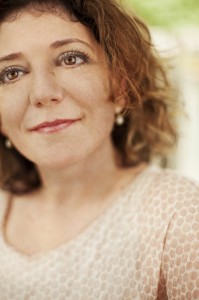
From Louisville. Live in Atlanta. Curious by nature. Researcher by education. Writer by practice. Grateful heart by desire.
Buy the Book!
The Stage Is On Fire, a memoir about hope and change, reasons for voyaging, and dreams burning down can be purchased on Amazon.

